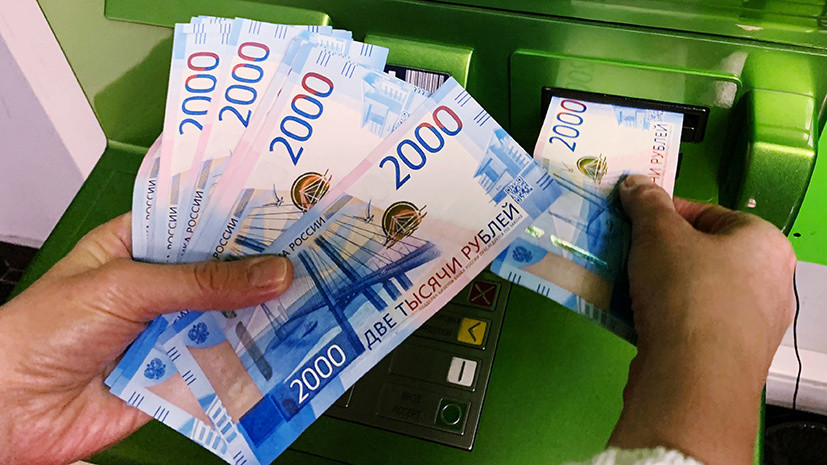The Bank of Russia decided to nullify the fee for banks for using the quick payment system (SBP) when making transfers between individuals. Tariffs for this service will not be charged by the Central Bank until June 30, 2022.
“This will allow credit organizations to provide their customers - individuals with services for transfers to SBP, also free of charge or at minimum tariffs,” the Central Bank website reports.
At the same time, the regulator noted that the Central Bank will check the size of the commission that banks will charge from individuals for using the quick payment system. If the cost of the service is overstated or limits the possibility of an unhindered transfer of funds, the Bank of Russia may set an upper limit for such a commission.
“It is extremely important for us to provide citizens with the opportunity to conveniently, safely and universally transfer funds to each other. That is why we decided to reintroduce a two-year grace period for banks on the most popular operations in SBP today - transfers between individuals, ”explained Olga Skorobogatova, First Deputy Chairman of the Bank of Russia.
Recall that in early 2020, the Central Bank appointed a commission for the use of SBP. Depending on the amount of the transfer, the sending bank and the receiving bank had to pay the Bank of Russia from 5 kopecks to 3 rubles. Now, this commission is abolished provided that the transfer is made between individuals.
Nikita Maslennikov, head of the Finance and Economics department at the Institute for Contemporary Development, said in an interview with RT that any banking service basically involves a commission. In the case of quick payments, the commission was supposed to increase competition in this market segment. But, since the system is in its infancy, the Central Bank, the expert notes, decided to temporarily reset the tariffs.
“The decision of the Central Bank, by and large, should be welcomed, because it will make it possible to increase the demand for the product, the consumer of financial services, and launch it at full capacity,” the expert noted.
Maslennikov also pointed out that it was individuals who were in a privileged position, while tariffs are maintained for the operations of other users.
“The question remains what to do with the commission to all other participants in the banking market. But this is the next act of the play, ”he concluded.
The Central Bank said in a statement that the regulator sets marginal rates for commissions and interbank fees for transfers and payments to legal entities and individual entrepreneurs. A commission will also be charged for transfers from legal entities to individuals. Tariffs for these operations are indicated on the Bank of Russia website.
“Cash flow transparency”
Mikhail Belyaev, an expert at the Russian Institute for Strategic Studies (RISI), Ph.D. in Economics, for his part, notes that the temporary abolition of tariffs on transfers between individuals will allow the entire financial system to be more transparent and to establish accounting for the movement of funds.
“Using this system, it will be possible to ensure transparency of all cash flows that exist on the territory of our country. This will solve the problem of the existence of cash flows that are invisible to statistical authorities, ”explained Belyaev RT.
Thus, it will be possible to achieve a more effective management of the economy, according to the RISI expert. In addition, Belyaev points out, the state will understand what incomes and expenses people have, and this will help to conduct the right social policy.
In addition, the cancellation of the tariff for banks for such a popular operation will lead to faster connection to banks that have not yet done so, the expert is sure.
“Connecting to such a large-scale payment system is what these tariffs can be an obstacle to. SBP simply provides a more efficient cash flow within the country and, consequently, greater efficiency and greater mobility of our economy, ”he concluded.
Recall that Sberbank of Russia has not yet connected to the quick payment system. For this, the Central Bank in November 2019 assigned him a fine. Throughout this year, banks had a grace period when the Bank of Russia did not charge them for operations in the SBP.

